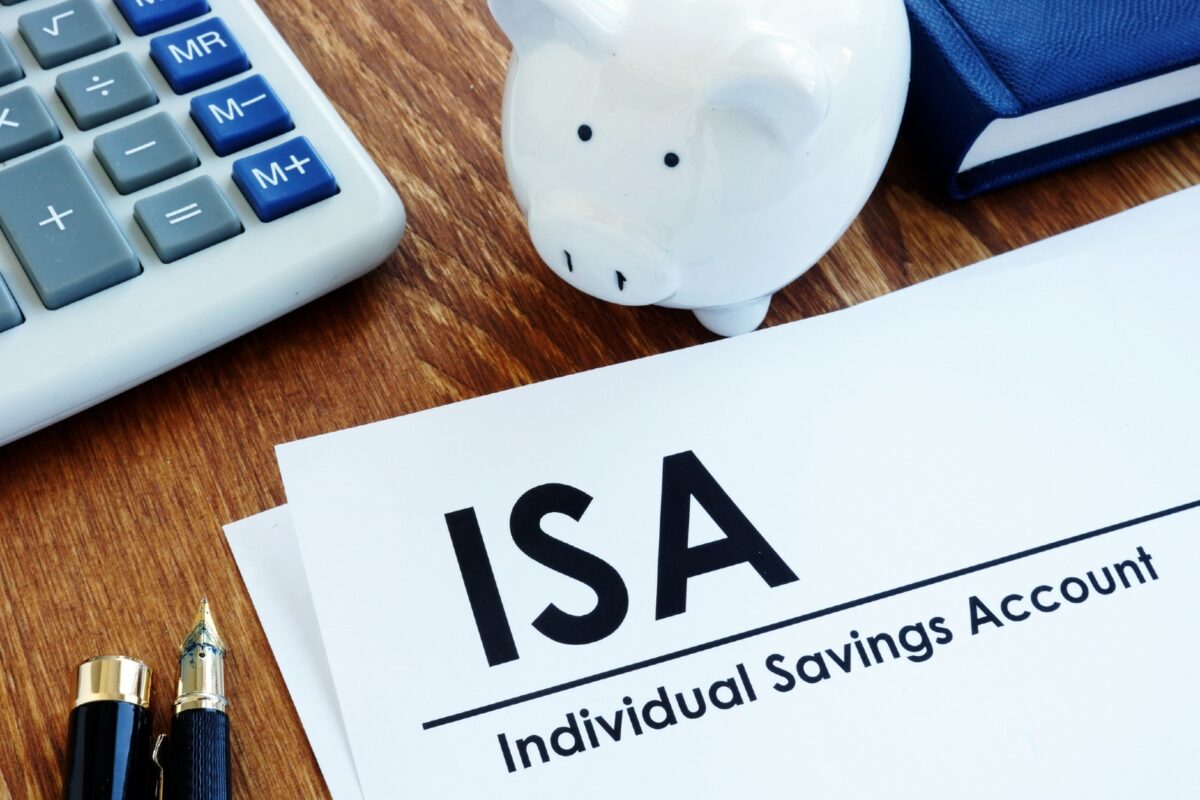A new tax year has rolled around, so the £20k annual allowance for a Stocks and Shares ISA has been reset. That means investors can start piling a fresh allocation of assets into their accounts. And for those who don’t have one yet, now may be a good time to think about opening one to build up a tax-free pot.
Please note that tax treatment depends on the individual circumstances of each client and may be subject to change in future. The content in this article is provided for information purposes only. It is not intended to be, neither does it constitute, any form of tax advice. Readers are responsible for carrying out their own due diligence and for obtaining professional advice before making any investment decisions.
However, there are some important pitfalls to be aware of when getting started. Not all ISAs are created equal and there are some specific factors to take into account, depending on individual needs.
Consider the following two mistakes that many first-time investors make.
Holding too much cash
While it’s natural to want to wait for the ‘perfect’ time to invest, holding a lot of capital in cash funds can be counterproductive. These accounts are designed for long-term investing in the stock market, not for storing idle funds. With inflation eroding the real value of uninvested cash, waiting too long to deploy funds could mean missing out on potential gains.
Instead, a strategy of pound-cost averaging – investing small amounts regularly over time – can help smooth out market volatility and ensure capital doesn’t stagnate for months on end.
Ignoring fees and platform charges
Choosing the wrong ISA provider can eat into long-term returns. Some platforms charge a percentage-based fee on assets held, while others apply flat fees regardless of account size. For smaller portfolios, percentage fees may seem harmless, but they can quickly mount up. On the other hand, fixed fees might be less suitable for those starting with only a modest sum.
It’s also important to watch out for fund management charges. Actively managed funds typically carry higher fees than passive options like index trackers. Being cost-conscious when selecting both a provider and investments could have a significant impact on long-term performance.
A stock to consider
With the above in mind, first-time ISA investors may want to consider a ‘starter stock’ like Diageo (LSE: DGE). The global drinks giant owns household names like Guinness, Johnnie Walker, and Tanqueray. Its diverse mix of top-shelf and affordable brands ensures it brings in revenue from both developed and emerging markets.
When looking at recent performance, Diageo might seem like an odd choice to consider. The stock has had something of a rough time lately, dropping 51% in the past three years. A perfect storm of Covid-era losses combined with high inflation and declining sales in Latin America drove the decline.
Add to that a trend towards lower alcohol consumption among youth and the losses are understandable. If things don’t improve soon, it may have to cut dividends to save money — or raise funds by diluting shareholders. Both options pose a risk to investor sentiment.
But Diageo and its brands have been a staple of global celebrations and gatherings for decades. Demand is unlikely to disappear completely, particularly as the company pivots toward low- and no-alcohol products.
Plus, the falling price means it now has an attractive price-to-earnings (P/E) ratio of only 15.6.
Recent results show signs of stabilisation, with £11bn in net sales for the first half of fiscal 2024 and a notable recovery in Asia-Pacific and Latin America. Another strong sign of stability is its commitment to dividends, which have increased at a rate of 5.45% every year for decades.
This post was originally published on Motley Fool





